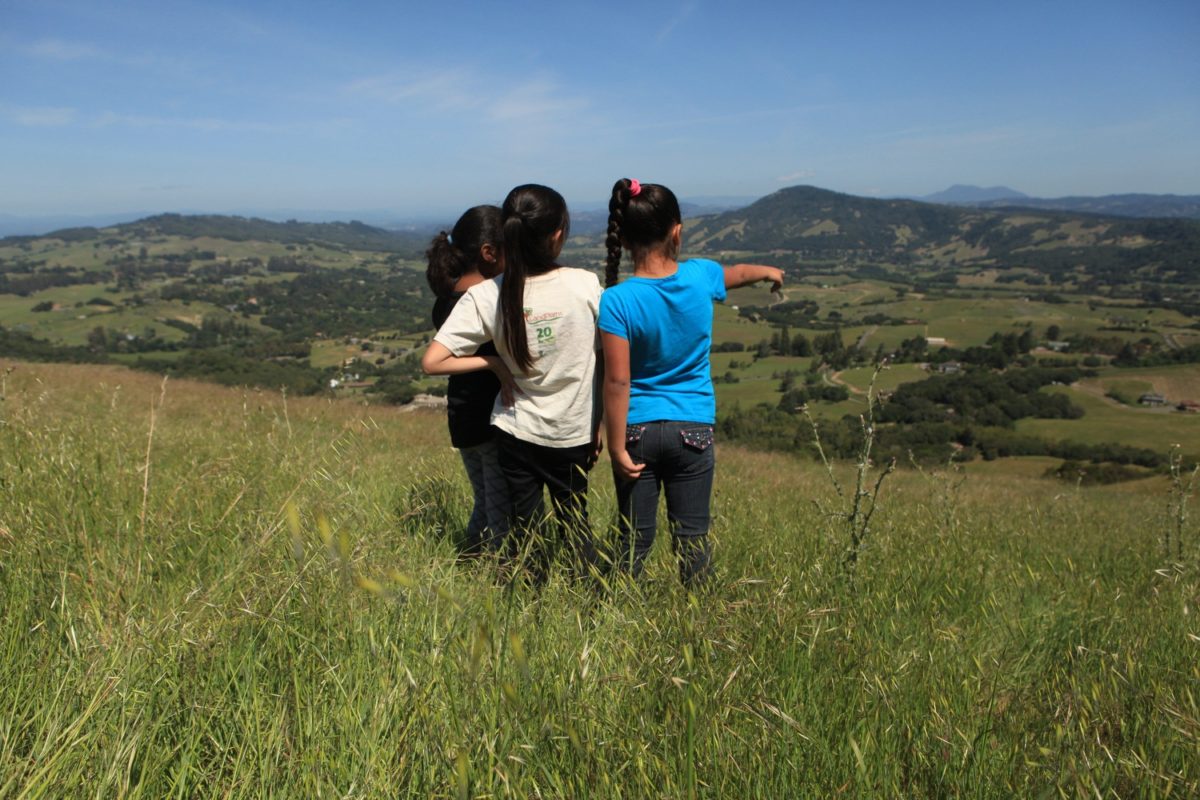Breathe in. Breathe out.
The strings that hold you together are loosening. You feel what’s going on in your body without being able to control it. Your breathing speeds up. Every sense heightened, your entire body shakes. Pins and needles are running marathons up and down your limbs. It hurts. Everything is too close. Too loud. And then you shut down.
You’re having a panic attack.
This isn’t an article about why more awareness is needed about mental health issues or how an amazing technique waved my anxiety away. Those articles and books exist, and they express those topics better than I ever could.
This is an article about how our education system is ruining young people’s lives. Nobody is listening to the teachers who say it, so perhaps someone will listen to me.
My name is Orli and I’m almost 16. When I was younger and I loved to play grown-ups, I dreamed of being 16 – of going to bed when I wanted and having my own money to spend on fairy wings (it hit me hard when I realised that nobody dressed up as princess fairies when they got older).
I never dreamed I would be like this. It was a shock when I got to secondary school and learned the implications of the marking scheme: you succeed – and you fit in – or you fail. Suddenly, the creativity I’d brought to all my school projects wasn’t accepted anymore. Instead I had to memorise facts and statistics. That was when I realised that my future would be based on a set of criteria created by exam boards – and that was when I started having panic attacks. The terror brought on by the idea of failing left me unable to sit practically all of my GCSE mock exams.
Our education system is flawed. It is causing young people to feel the kind of pressure that shouldn’t be imposed on anyone, of any age.
In a 2007 Unicef study rating children’s wellbeing in 21 developed countries, Britain came out last.
The system is teaching people that your best isn’t good enough, that you must constantly try harder and that one bad result makes you a failure. Success is measured by how well you remember the criteria on a given day. How can we justify putting the health of children on the line for an exam board’s definition of achievement? The most important achievement a person should aim for is being comfortable in their skin, safe in the knowledge they can live their life and define success on their own terms.
Next year the government’s new GCSEs and A-levels take effect and the grading switch from letters to numbers is not the only thing that will change. The introduction of one final exam in place of multiple modules means students will now only have one chance. One set of answers will mark the difference between success and failure.
How can it make sense for us to be deemed responsible enough, at 16, to make decisions that shape the rest of our lives when we’re not responsible enough to vote for the people making these decisions?
The way to make sure the next generation is educated as best it can be is not to shove exam papers in their faces, it’s to let them breathe, to create a relaxed and
enriching environment for learning. Our education system is creating a generation of broken young adults, wound up by a key in the back and dropped once they are deemed unfit. It is creating a generation of fearful young people who will never be bold enough to take initiative and discover new things because they’ve been taught that success is a destination that only has one route.
When I look back on my panic attacks, I want to shake myself – I’ve let a group of politicians with a rigid definition of success do this to me. Nothing is so important that it’s worth risking your health over, not even the piece of paper you get, age 16, to tell you whether or not you’re good enough.
If you’re a young person who can empathise with this article, I want to tell you that there are a great many of us, and it will get better. To the politicians, my message is simply this: if you want the nation’s future generations to be free of the crippling anxieties and fear of failure entrenched by the current system, you have the power to change it.
Ultimately I have three words that’ll make me sound like the whiny five-year-old I wish I still was: this isn’t fair.



















